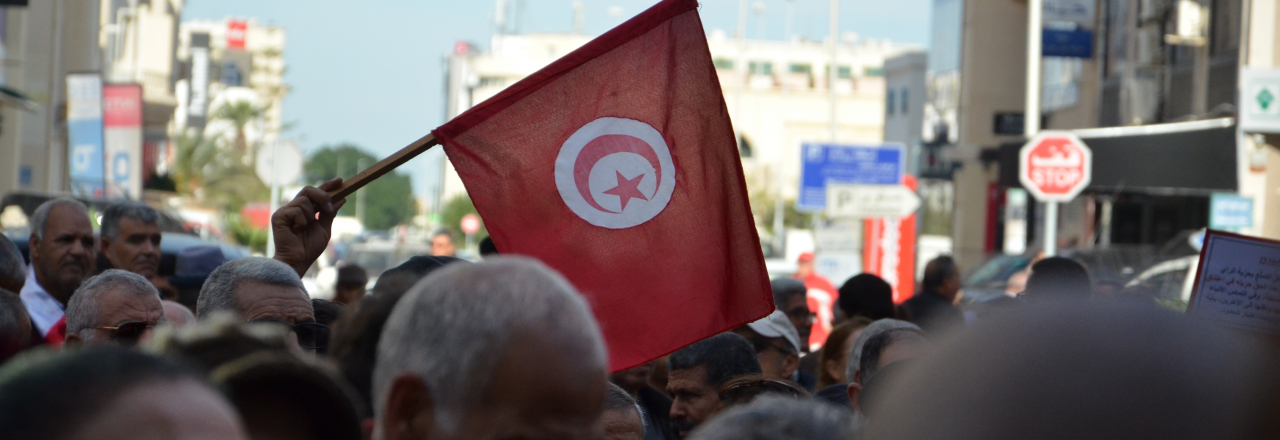

Abstract
Corruption has been a pervasive issue in Tunisian politics since 2011, attracting attention from various stakeholders, including citizens, international financial institutions (IFIs), international non-governmental organizations (INGOs), political parties, civil society actors, media, unions, and state institutions. However, the deployment and utilisation of anti-corruption discourses by these actors require critical analysis. This policy brief examines the political uses of anti-corruption discourses and policies in Tunisia since 2011, with a particular focus on the perspectives of IFIs (such as the World Bank), INGOs (such as Transparency International), and local non-governmental organizations (NGOs). Additionally, it investigates how local political actors employ anti-corruption narratives either to differentiate themselves from opponents or to target and imprison rivals while in power. Moreover, the brief highlights how a depoliticised and moralistic approach to tackling corruption paves the way for populist political entrepreneurs. Critiques of Western-centric definitions of corruption put forth by TI and the World Bank are also discussed.
The authors argue that these definitions tend to portray corruption as particularly endemic in non-Western countries, perpetuating cultural biases. Despite shortcomings in addressing corruption during the Ben Ali era, anti-corruption organisations like TI and the World Bank actively influenced policies that emphasized market liberalisation and furthered neoliberalism during Tunisia’s democratic transition. This call coincided with a shift in the political landscape, marked by the end of the “identity war” between Islamists and Modernists. The resulting anti-corruption momentum was seized by international actors and local political entrepreneurs, leading to the election of Kais Saied as President of the Republic. Finally, the brief explores the impact of this hegemony of anti-corruption discourses on Tunisia’s political landscape.



